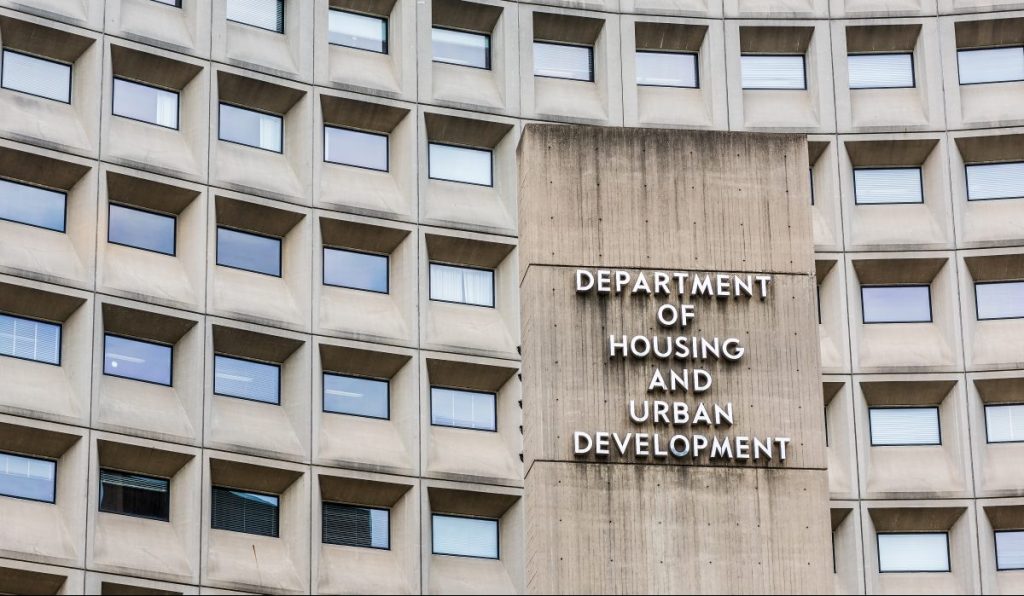The Federal Housing Administration announced this week that lenders have an additional year before they must submit appraisals through the FHA Catalyst: EAD Module.
Per a mortgagee letter published on Tuesday, the deadline to onboard for lenders has been moved to March 14, 2023. The previous deadline, announced in mid- 2021, was March 14, 2022.
The administration pushed the timeline for an additional year because stakeholders “expressed concern with the existing timeline,” the ML said.
A HUD spokesperson said the timeline was extended following feedback from lenders about the transition timeline and their need for more time to adequately onboard to the new module and operationalize its use with their staffs.
“We do believe that this additional time will allow lenders to successfully migrate to the new technology,” the HUD spokesperson said.
The letter noted that during this period mortgagees and technology service providers are encouraged to continue their integration with and usage of the module for all forward and HECM origination electronic appraisal deliveries.
Once the deadline arrives, it will be mandatory for lenders to use FHA Catalyst for submitting appraisals, unless a previous appraisal version was submitted to the legacy EAD, the administration said.
What role does appraisal tech have in creating customers for life?
In this day and age where borrowers put speed and efficiency over anything, a slow appraisal process could reflect negatively on the lender and cause strain with the borrower. This article explores how appraisal tech can streamline the appraisal process and ensure repeat customers.
Presented by: Reggora
The roll-out of FHA Catalyst—which has been touted as a success during Trump’s administration—hit a snag last year.
According to a report published by the Department of Housing and Urban Development’s inspector general last year, momentum around the project stalled in the first part of 2021.
The reason for the stall stemmed from staff vacancies and employee turnover, which were exacerbated during the presidential transition, the report said, so the initiative hit a standstill.
“We found a lack of staffing capacity, implementation of effective coordination and communication practices, and effective oversight of management controls over acquisition processing,” the report read.
HUD also delayed a migration planned for December 2021 — to move its single-family default monitoring to FHA Catalyst — until March 1, 2022, when mortgagees must submit all default data to the FHA Catalyst system.
In February, Lopa Kolluri, principal deputy assistant secretary at the FHA, acknowledged the delays, but said that the administration is back on track with their modernization initiative.
“I feel really good about where we are with FHA Catalyst,” she told HousingWire.
The IG report said that as of August 2021, HUD had resumed FHA Catalyst development work at limited capacity and as of October 2021, HUD estimated that it would complete FHA Catalyst development in March 2025.
EDITOR’S NOTE: This story has been updated to include comments from HUD.






